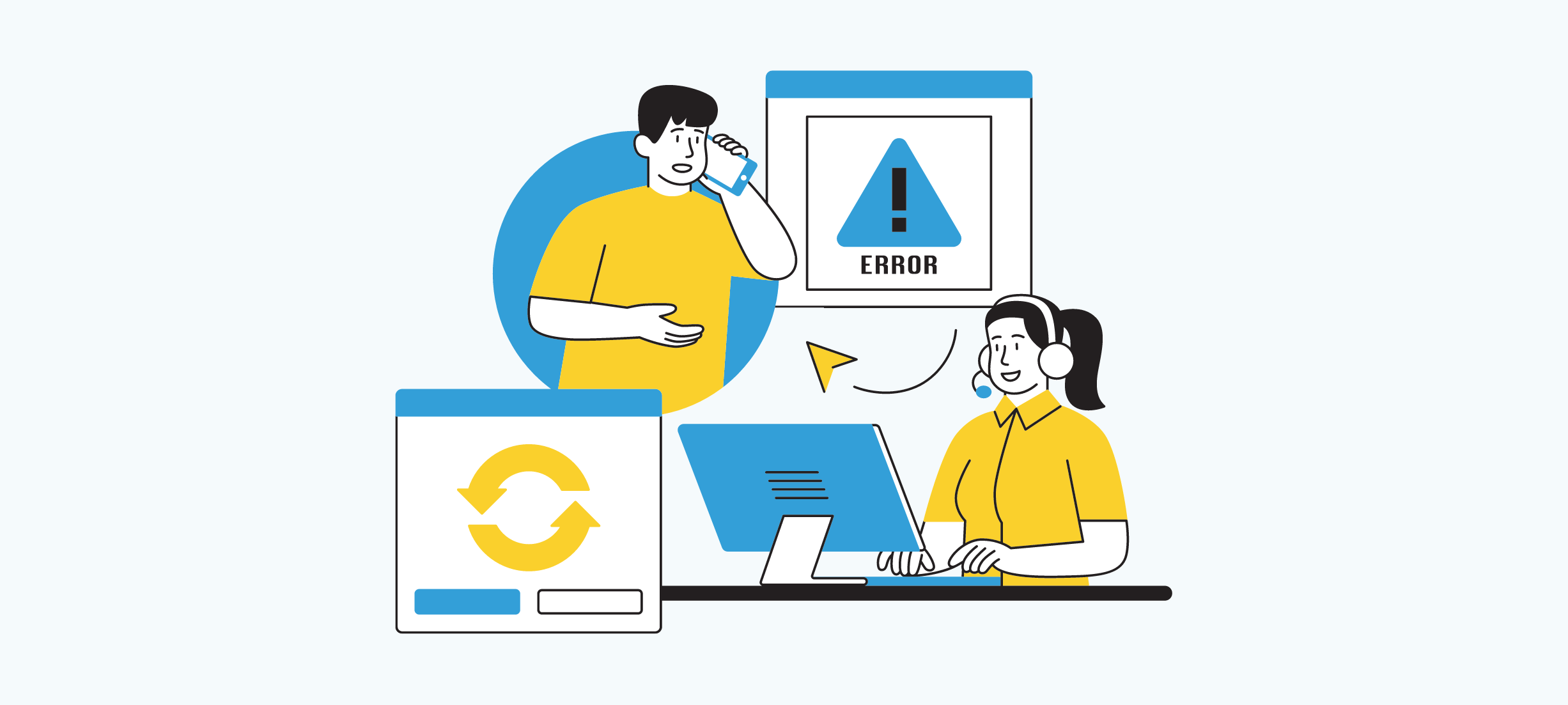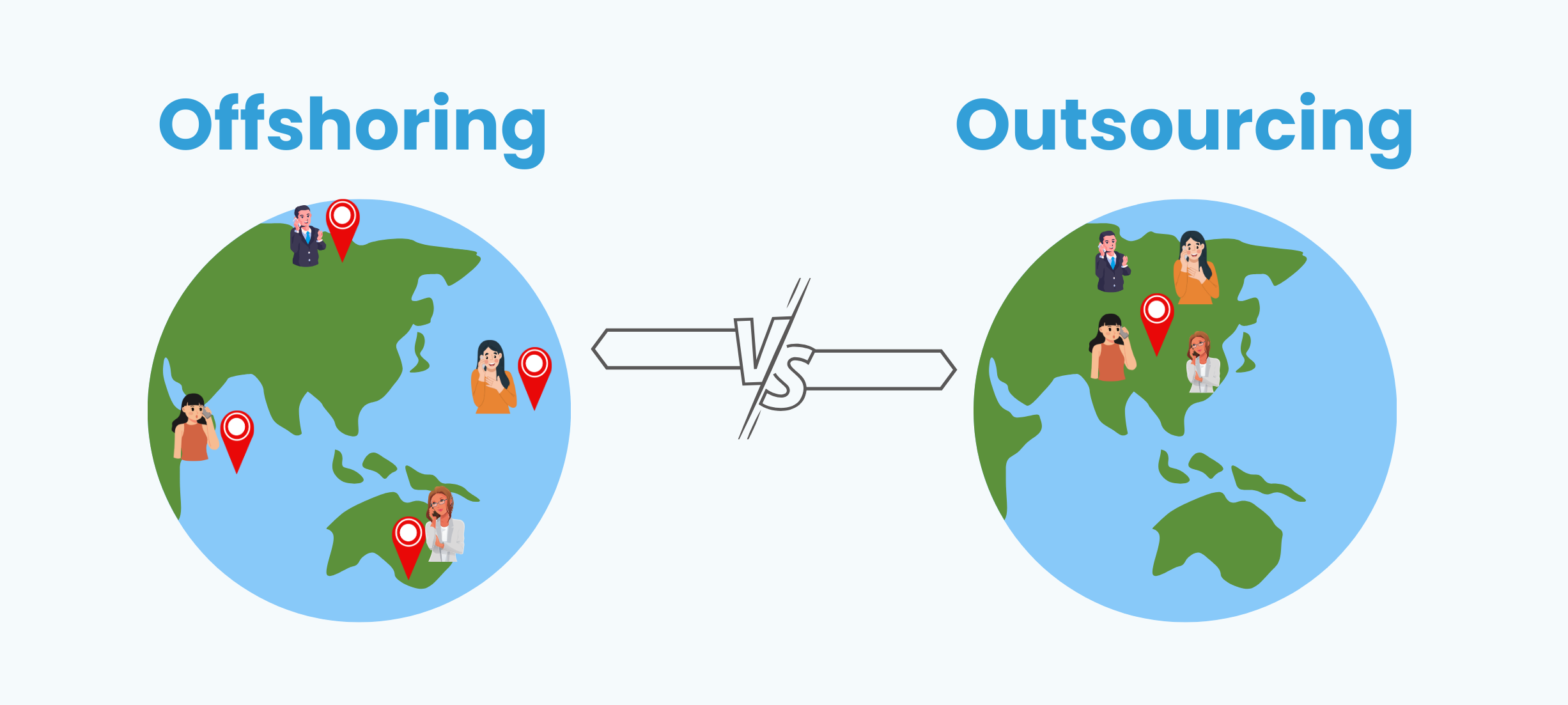Even though there’s been a lot of talk about forgiving student loans recently, many people still have a lot of debt from their education. Going to college or university can be expensive, but there are some good things about having loans when it comes to taxes, like the student loan interest deduction and other helpful tips about student loan taxes. Let’s explore these to better understand how they can lighten your financial load.
Fundamentals of student loan tax strategies
Examining your student loan balance might seem overwhelming, but grasping the impact of interest on that balance is crucial for managing your loans effectively.
When securing a loan, it may involve either fixed or variable interest rates. With fixed interest, the rate remains constant throughout the loan’s duration, while variable interest rates can fluctuate based on the loan terms.
If you opt for an income-based repayment plan, your monthly payment might be lower than the accruing interest. Consequently, your balance could increase over time in this scenario.
Fortunately, there’s a silver lining: the interest payments on your loan could qualify for an above-the-line deduction when tax season rolls around.
Requirements for student loan interest deduction eligibility
To qualify for the student loan interest deduction, the loan must have been used to pay for higher education expenses. It’s important to note that the loan cannot be obtained from a close relative, like your parents, if you intend to claim the interest paid on that loan.
The maximum deduction for student loan interest on your tax return is $2,500 per year. This limit applies to your individual return, so even if you’re married and filing jointly, the deduction is still capped at $2,500.
It’s worth mentioning that married couples filing separately are not eligible for the student loan interest deduction.
As your income goes up, the student loan interest deduction begins to decrease. The phase-out starts at $140,000 for couples filing jointly and $70,000 for other eligible filing statuses.
How to apply for the student loan interest deduction
To figure out how much interest you paid on your student loans for the year, check the Form 1098-E that your lender usually sends you. This form will tell you the exact amount of interest you can use for tax purposes.
When you’re filling out your taxes using Form 1040, go to Schedule 1 and enter the amount of student loan interest you can deduct. But here’s the thing – there are limits based on how much money you make and your filing status, so make sure to keep that in mind.
Lastly, gather all the papers you need. This includes the Form 1098-E from your lender and any extra records of interest payments you made throughout the year. Having everything in order will help you when it’s time to file your taxes.
Additional tax benefits for students
In addition to the interest deduction we talked about earlier, there are two more ways students can get some tax benefits: the American Opportunity Credit and the Lifetime Learning Credit.
These credits help lower the amount of taxes you have to pay, and it’s like a direct discount. The American Opportunity Credit is for the first four years of college, and it’s for students pursuing a degree full-time. On the other hand, the Lifetime Learning Credit is for any post-secondary education or skill-improving courses, and you can claim it for as many years as you need. Plus, you don’t have to be a full-time student for this one.
The American Opportunity Credit is only for the first four years of your undergrad studies, but the Lifetime Learning Credit is there for you whenever you’re in school, no matter how long it takes.
And here’s a cool part: these credits can work together with the interest deduction we talked about earlier. So, there are different ways for students to save on taxes. And remember, whoever claims you on their tax return, whether it’s you or a family member, can benefit from these credits, even if they didn’t pay for your tuition directly.
Deduction for tuition costs
Between 2018 and 2020, there was a helpful tax benefit known as the Tuition and Fees Deduction for people dealing with higher education costs. This deduction allowed taxpayers to lower the amount of their income subject to taxes by a maximum of $4,000. It was designed for individuals who had paid for tuition and related expenses for themselves, their spouse, or a dependent. Notably, this deduction was particularly advantageous for those with higher incomes, as they often surpassed the income limits set for other educational tax credits.
However, it’s important to note that starting in the tax year 2021, the option for the Tuition and Fees Deduction was discontinued. This means that individuals no longer had this particular deduction available for reducing their taxable income.
Tax advantages for parents
Parents also get to save money on taxes. They can get special credits and deductions for their kids. If a parent is paying back a student loan, they can get a deduction for the interest on that loan. And, if they claim their child as a dependent on their tax papers, they can also get benefits from the American Opportunity Credit and the Lifetime Learning Credit. So, parents have some cool ways to save on taxes when they have kids.
Easy-to-avoid mistakes with your student loan taxes
Mistake #1: Forgetting to Get the Credit – At tax time, you’ll get a paper called a 1098-T from your loan people. This paper shows how much loan interest you paid that year. Don’t forget to tell the tax people about this when you’re doing your taxes.
Mistake #2: Not Paying Attention to Money Limits – If you make a lot of money, the loan interest deduction starts going away. For single or head of household people, this begins when you make $70,000. If you’re a married couple filing together, it starts at $140,000.
Mistake #3: Trying to Claim Someone Else’s Loan – If your kid is the one who has to pay back the loans, and their name and social security number are on the loan papers, you can’t get the deduction, even if you’re the one paying it.
Mistake #4: Claiming the Deduction if You’re Still Dependent – If your parents or someone else claims you as a dependent, you can’t get this deduction. It’s only for independent folks.
Mistake #5: Not Checking Other Credits – If you’re still in school, there are other credits you might be able to get. Look into the American Opportunity Tax Credit or the Lifetime Learning Credit to see if you qualify. They can give you more savings on your taxes.
Conclusion
It’s important to stay on top of things to make the most of your savings. Remember to report your interest correctly and watch out for any income limits. If you’re helping someone else with their loan, ensure the paperwork is in their name for the deduction. Also, if you’re still considered dependent, the deduction might not be for you. Lastly, explore other education credits that could give you extra savings. Keep these tips in mind, and tax time will be a bit smoother for you.
If you are still confused, consider reaching out to professionals, and here at BookkeeperLive, our team can assist you. Our company is dedicated to making tax-related matters easier for you. If you find the process challenging or want personalized guidance, we offer the expertise of tax professionals who can navigate the intricacies on your behalf.
FAQs
What is the difference between subsidized and unsubsidized student loans for tax purposes?
Subsidized student loans may have interest paid by the government while you’re in school, and this interest is not taxable. Unsubsidized loans accrue interest that may be eligible for the Student Loan Interest Deduction.
Do forgiven student loans count as taxable income?
In some cases, forgiven student loans may be considered taxable income. However, certain forgiveness programs, such as Public Service Loan Forgiveness (PSLF), may not be taxable.
Do I need to itemize deductions to claim the student loan interest deduction?
No, you can claim the Student Loan Interest Deduction even if you don’t itemize deductions. It is an above-the-line deduction.
Can I claim the student loan interest deduction if I’m still in school?
Yes, you can claim the deduction as long as you are making interest payments on a qualified student loan, even if you are still in school.








